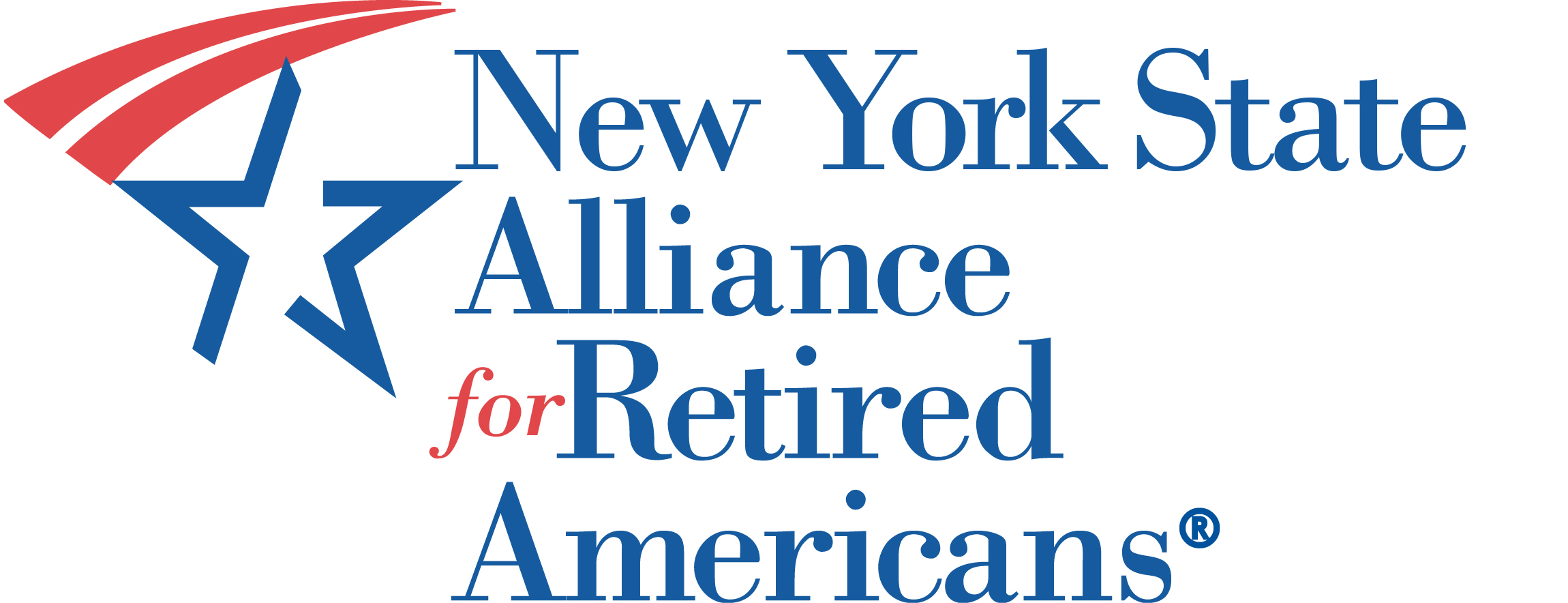May 20, 2020
What is the Payroll Tax and How Does it Effect Seniors
| The payroll tax supports the country’s two biggest safety nets: Social Security and Medicare. Workers will pay 6.2% on the first $137,700 of their wage and salary income into Social Security this year. And they will pay 1.45% of all their earned income for Medicare. Their employers will match those amounts. If they’re self-employed, they pay both the worker and employer shares, but get to deduct the latter.
Social Security Payroll Tax Funds paid to Social Security taxes go into two trust funds: Old-Age and Survivors Insurance Trust Fund (OASI), which pays retirement and survivor benefits, and the Disability Insurance Trust Fund, for disability benefits. The Secretary of the Treasury, the Secretary of Labor, the Secretary of Health and Human Services, the Commissioner of Social Security, and two public trustees manage these trust funds. President Franklin D. Roosevelt signed the Social Security Act into law on Aug. 14, 1935, to provide a safety net for the disabled and retirees. In the original conception of the program, high-wage earners were exempt from paying into the fund and from receiving Social Security benefits. But that exemption was eliminated and replaced with a cap by Congress and has continued to rise by the same rate as wages. Remember, Social Security has NOTHING to do with decreasing the deficit or the budget as the Social Security Trust fund is off budget and totally self-sufficient. Medicare Payroll Tax As noted above, payroll taxes also go toward Medicare. These payroll deductions go into two separate trust funds: the Hospital Insurance Trust Fund and the Supplementary Medical Insurance Trust Fund.
Individuals enrolled in Medicare may also have to pay a portion of their medical fees at the time of use, as well as income-based fees to Medicare President Trump issued a threat on Sunday, saying he would veto any coronavirus stimulus relief unless Congress cuts the payroll tax, Social Security’s dedicated funding source. Speaking in front of the Lincoln Memorial, he said, “We’re not doing anything without a payroll tax cut,” his strongest statement yet that he will not protect earned benefits. The declaration directly contradicts what he said just last week, when speaking at an Older Americans Month event at the White House he promised, “We will protect your Social Security.” Cutting Social Security’s dedicated funding threatens to starve the program and puts Americans’ hard-earned benefits at risk. The President’s plan is also bad economics. Social Security puts more than $800 billion into the economy each year. Social Security benefits, which are spent when received, are a counterbalance to declines in the economy. In addition, cutting the Social Security payroll tax is not a good stimulus tool, because it would do nothing for the 30 million people who have lost their jobs. Payroll tax cuts waste money, delivering the wealthy and powerful the largest cuts while providing nothing to those needing it most. They are slow and inefficient. But they do reduce Social Security and Medicare dedicated funding, a long standing right wing ideological goal. That is presumably why the President is drawing a line in the sand on them. As a matter of fact “payroll tax cut” is code for gut Social Security and Medicare’s dedicated funding and then declare the programs “going broke” so you cut benefits or raise the age to receive them (which decreases benefits by about 3% for every year the full benefit age is raised) So, the bottom line is payroll tax cuts do not help with the current economy, do not benefit those who are not employed and collecting payroll income, work too slowly to be of any benefit in this crisis and are a thinly veiled attempt to weaken Social Security and Medicare and therefore reducing benefits to “save” the programs. These actions allow those who have the right wing ideological goal of gutting these successful programs and replace them with investments in 401ks that benefit banks and hedge funds. The leadership of NYSARA encourages our members to write letters to the editor/op eds to their local papers about payroll taxes being a sneaky way of disadvantaging and destroying Social Security and Medicare. If you write something please forward a copy of it to President Barry Kaufmann at president@newyorkstateara.org. Take action by signing this petition to call on your members of Congress to refuse any deal that threatens Social Security! |
